As an educationalist, with over 20 years of experience working in both mainstream and alternative provision, I can attest for the importance having a well-trained Teaching Assistants in a school.
Teaching Assistants are an investment for the school. I know firsthand the level of support they can provide for both the students and staff. Throughout my time at Progress Schools, I have witnessed our Teaching Assistants form invaluable relationships with the students. They provide additional support, complement the teacher’s efforts, and encourage students to persevere through difficult tasks.
The role of Teaching Assistant is vocational, with applicants often led by dedication and a willingness to give their all. They make learning more inclusive, maximising equal access to education, and are often particularly focused on providing appropriate support for students with SEND. The extra attention Teaching Assistants provide can be the difference between the student understanding the lessons content and falling behind.
The addition of Teaching Assistants within the classroom allows for even greater individualised attention and guidance. They are able to provide valuable 1:1 support, improving overall classroom inclusion. When teaching a lesson, some students can feel left behind if they don’t understand a topic when others do. Having a Teaching Assistant allows for the lesson to continue and the student to feel seen, gain understanding from the added support, and keep the lessons on track.
The nationwide shortage of Teaching Assistants has been attributed to a skills shortage. Hays Education’s reports that classroom-based support staff make up 45% of most difficult roles to fill in the past 12 months. Hays Education also concluded, “Aside from salary, career development was cited as the most important factor in attracting staff yet close to two-thirds (59%) of professionals working in education said their employer doesn’t regularly discuss their career plans with them.” I believe career development is a key factor to this role. Each Teaching Assistant I have hired over my time have been provided the opportunity to gain their Level 3 Teaching Assistant qualification. This qualification enhances the knowledge and skills of the applicants, supporting their career growth.
Teaching Assistants help to support diverse learning styles. Not every student learns the same. In my field, working in alternative provision, I am extremely aware of this fact as we tailor our teaching approaches to best support each students’ individual needs. In mainstream, there is a more structured approach to teaching, that can sometimes focus more heavily on one learning style. The introduction of a Teaching Assistant allows for all learners to feel supported as they can alter their approach to better align with how that individual learns, without teaching the whole class the same information in varying techniques.
Incorporating Teaching Assistants into your classrooms can also encourage collaboration and participation. Some students may feel removed in a classroom setting with the traditional setup having the teacher situated at the front of the class. A Teaching Assistant can provide that connect. They bridge the gap between teacher and student. They can jump from table to table during the lesson making it less daunting for the students to participate as some may be anxious speaking in front of a whole classroom.
In my opinion, Teaching Assistants are an asset to the classroom and school as a whole. The additional support they provide, helping with class and school initiatives, and assisting in providing feedback and support to families on pupil progress, demonstrates the crucial role they play and why I advocate for every school to invest in the added support of Teaching Assistants.
Gina Lunt,
Head of School – PS Toxteth, Liverpool




